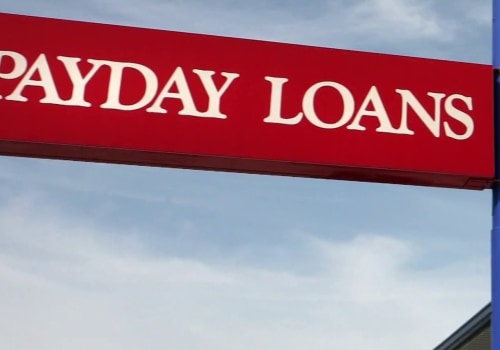The Internal Revenue Service (IRS) will not compensate the repayment of a private debt, such as a payday loan. However, there are exceptions to this rule. Individuals who fail to pay federal student loan debts, child support or tax debts may be subject to wage garnishment without legal proceedings. Both the Department of Education and the IRS can bypass the courts.
A lender cannot go directly to your employer and request a wage garnishment. Only a court can order a garnishment for a payday loan. The last priority for tax refund garnishment is for state debts, such as state income tax debt. Similar to any federal income tax debt, the IRS can garnish state tax refunds to pay state income tax debts.
Your state Treasury Department can offset your state tax debts from previous years with your current year's state income tax refund. As with the Federal Treasury Department, you will receive any remaining refunds after your debt has been cleared, along with a Notice of Adjustment to Income Tax Refund letter detailing the original amount of the refund and the amount of compensation. As with federal student lenders, you default on private student loans after 270 days. Here's what wage garnishment is, how it works for payday lenders and how to prevent it from happening. More liens may be applied to your benefits if you owe back child support or alimony, delinquent federal mortgage loans, and more.
If a borrower fails to pay their payday loans, their payday lender may request a wage garnishment to collect the balance. If they don't repay their loan, the payday lender or a debt collector can usually sue them to collect. Unlike a payday loan that must be paid in full by the next payday, Payment Alternative Loans (PALs) are installment loans where you will have a repayment plan. If you don't take action, or if your dispute is considered invalid, the IRS will file your tax return to pay your federal student loan. Debt collectors cannot garnish their tax refunds for credit card debts, medical debts, auto loan debts, or any other debt because the law provides many other avenues for collecting such debts. The bank or credit union then withholds an amount for the payday lender or collector as permitted by your state's law.
If you have applied for a federal student loan and have been in arrears for at least 270 days, your student loan will be in default. A tax professional can help you determine the best way to resolve your tax bill with the IRS and deal with the IRS to get rid of the levy. Bankruptcy can settle most unsecured debts, including payday loans, credit card debts, and debts Cash advance apps like Dave or Earnin offer small loans that you can repay with your next paycheck, but these apps don't charge interest. The lender will attempt to cash your postdated check or make a debit from your bank account, as specified in the loan agreement. DebtHammer offers content, calculators, tips and payment programs for the 12 million Americans struggling with payday loan debt. Personal loans are often used for debt consolidation and many banks, credit unions and online lenders offer loans specifically for debt consolidation.




